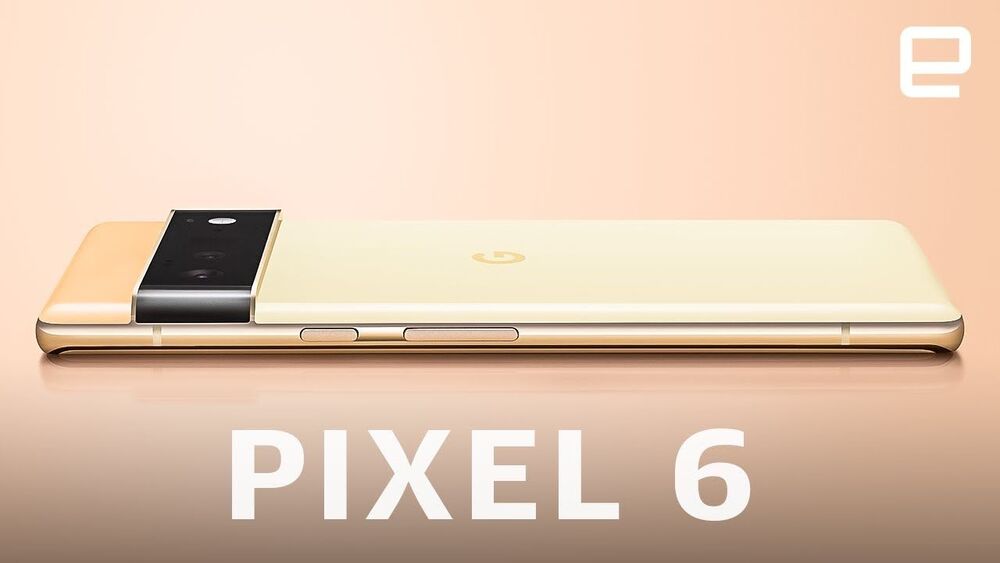Aug 2, 2021
Transgenic mice for in vivo epigenome editing with CRISPR-based systems
Posted by Quinn Sena in category: biotech/medical
Two conditional transgenic mouse lines based on CRISPRa and CRISPRi enable epigenome editing in vivo.
Two conditional transgenic mouse lines based on CRISPRa and CRISPRi enable epigenome editing in vivo.
The idea is to offer the predictions for the structure of practically every protein with a known sequence of amino acids free of charge. “We believe that this is the most important contribution to date that artificial intelligence has contributed to scientific knowledge,” he said following the publication of DeepMind’s research in the medical journal Nature.
DeepMind, a company bought by Google, predicts with unprecedented precision the 3D structure of nearly all the proteins made by the human body.
Sony has announced a follow-up product to the Reon Pocket, the app-controlled “wearable air conditioner” it released last year after crowdfunding it on the company’s own platform. The Reon Pocket 2 looks more or less the same as the original model, but the newly designed internals can achieve up to twice the level of heat absorption, according to Sony, resulting in more powerful cooling performance. Sony also says that it’s improved the sweat-proofing in the Reon Pocket 2, making it more suitable for light exercise situations.
Just in time for summer.
PwnedPiper pneumatic tube system (PTS) security flaws threaten 80% of Hospitals in the U.S.
Wiliot, a company developing Bluetooth-enabled sensors for tracking and analytics, has raised $200 million in venture capital.
Following the industry trend of tech giants manufacturing their own processors, the company will start putting bespoke silicon in its mobile hardware.

https://youtube.com/watch?v=ux-KZEY_wrg
The Pentagon aims to use cutting-edge cloud networks and artificial intelligence systems to anticipate adversaries’ moves before they make them.
High blood concentrations of omega-3 fatty acids, which oily fish such as salmon are known to be rich in, can increase your life expectancy by nearly five years.

Rick Osterloh casually dropped his laptop onto the couch and leaned back, satisfied. It’s not a mic, but the effect is about the same. Google’s chief of hardware had just shown me a demo of the company’s latest feature: computational processing for video that will debut on the Pixel 6 and Pixel 6 Pro. The feature was only possible with Google’s own mobile processor, which it’s announcing today.
He’s understandably proud and excited to share the news. The chip is called Tensor, and it’s the first system-on-chip (SoC) designed by Google. The company has “been at this about five years,” he said, though CEO Sundar Pichai wrote in a statement that Tensor “has been four years in the making and builds off of two decades of Google’s computing experience.”
Continue reading “Google’s own mobile chip is called Tensor” »